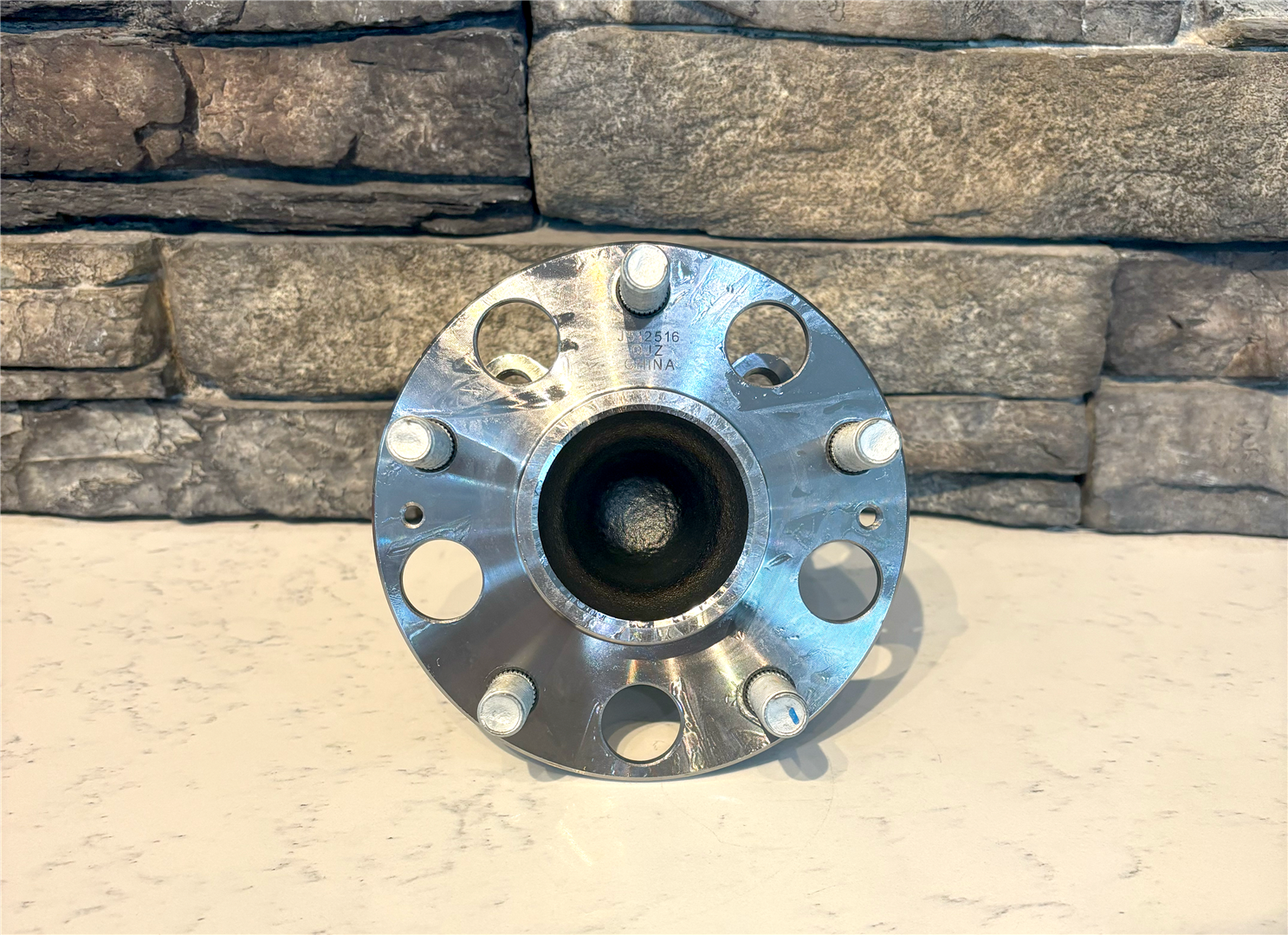
First thing first, what are the wheel bearings? Is a component that connects a car’s wheels to the axles. They allow wheels to turn with minimal friction. Though wheel bearings are low-maintenance parts, they are important safety components of a vehicle’s braking, steering, and suspension systems. Now, how do you know if your wheel bearings need a change? Listen for some signals, like a low humming or growling noise. If you hear it, especially when you speed up, that could mean your wheel bearings are getting worn out. Feeling extra vibrations in your car? If it's shaking more than usual, especially when you steer, it might be a sign that your wheel bearings need some attention. Also, if your car feels wobbly or loose, it could be a clue that the wheel bearings are getting tired. Let's look at it visually. If your wheel wiggles when it's lifted off the ground, that's not good - it might mean your wheel bearings are wearing out. Check your tires too. If the ... read more